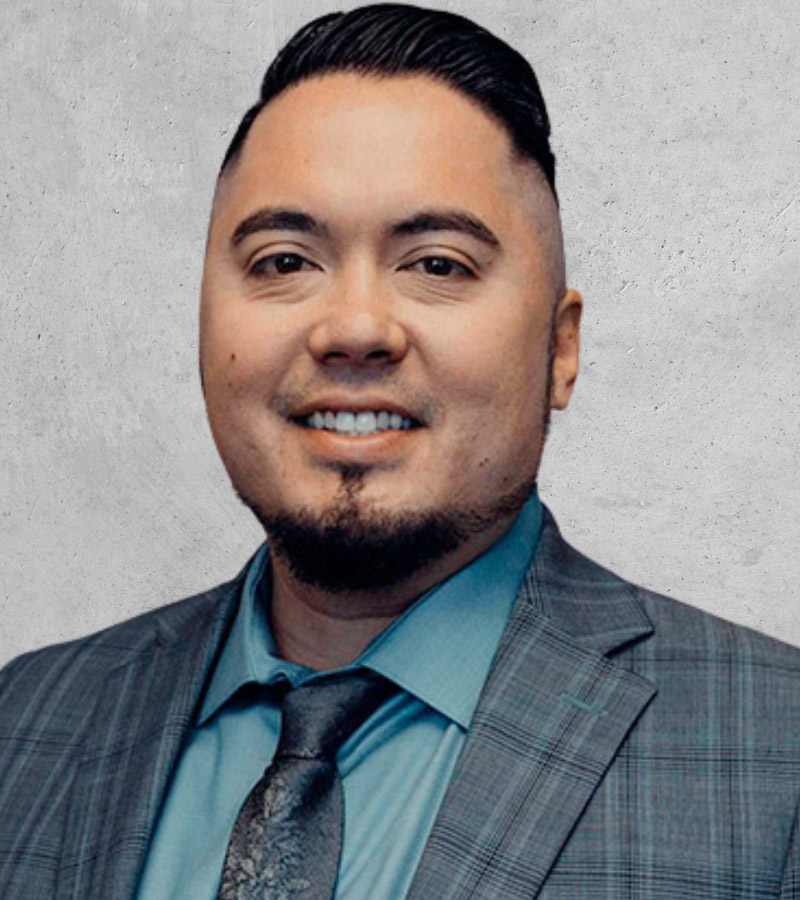Adoption is a process that can be both beautiful and difficult, a reason for smiles as well as tears. It is a big step for prospective parents, birth parents, and families to take, and it must be taken with great care. Before you begin the process, whether you are the birth parent or the prospective parent seeking to adopt, it is imperative that you understand the rights of all parties involved in the process.
A child’s life and future are greatly impacted by the parent(s) who raise them, and they do not get to make the choice of who that will be. In cases of adoption, there is an exchange of rights that occurs between the birth parents and the adoptive parents. Understanding where one party’s rights end and the others’ begin is essential for creating a healthy, stable environment where children can thrive.
Legal Rights of Birth Parents
As a biological mother or father, it is important to understand the rights you have in regard to your children, even when exploring adoption.
Consent
In the state of Arizona, it is legally required that you wait for 72 hours after giving birth before the adoption process can begin. Mothers must give official consent in order for their child to be adopted unless their parental rights have been previously terminated by a court of law. This is not the same for fathers. In Arizona, the father of a child is not required to grant permission before adoption unless he has been married to the birth mother of that child for ten months before the child was born. An additional exception would be if the birth mother formally classified him as the father of the child.
Giving consent for adoption as the birthing parent is done by completing paperwork that states your explicit consent. This will include information relating to those who are to be adopting the child/children, a statement confirming that you will not be receiving compensation for the adoption, and an additional statement that you are aware of the permanent implications of your decision. An Arizona family lawyer can help you to ensure that you complete all of the necessary paperwork in the proper fashion.
Revocation Period
In some states, the birth parent is given an allotted amount of time in which they are allowed to revoke their consent for adoption. Arizona is not one of those states. However, if it can be proven that fraud or persuasion played a role in your giving consent, you may be able to have it revoked. These situations are not handled lightly, and it is therefore important to have evidence of such things taking place if you choose to pursue revocation. Family and adoption lawyers who have experience in this specific area can guide you through helpful steps should this be your situation.
Termination of Parental Rights
Not all cases of adoption happen through the consent of the birth parent. In some cases, birth parents’ rights are involuntarily terminated by a court of law.
This may happen for many reasons, some of which include:
- Physical abuse of a child
- Neglect of a child
- Abandonment
- The parent has engaged in crime in such a way that makes them unfit to care for their child
- The parent has previously had rights to other children terminated within a two-year time period
When decisions are made to terminate a biological parent’s rights to their child, it is done so in the best interest of the child. In these cases, birth parents’ legal rights may look different than for parents whose rights have not been terminated.
Arizona Adoption Case Studies

One of the most important rights of birth parents is the right to create and follow an adoption plan. This can include a wide array of information, including characteristics about what kind of family you are looking for to adopt your child, what you want your relationship to look like with the family in the future, how involved you want them to be in the birthing process, and more.
In one study, a seventeen-year-old high school student who was pregnant experienced the benefits of exercising her rights as a biological parent while consenting to put her child into adoption. While she didn’t necessarily feel ready and equipped to parent a baby, she was still able to be involved in her baby’s life by writing a letter and including photographs, which she gave to the adoptive family she chose. All of this was achieved because this young mother understood her rights.
In another case study, a mother of four children chose to consent to adoption but then decided to revoke the consent for one of her children, her only daughter. Her decision was based on personal experience of her own, having grown up in an orphanage and being sexually assaulted while there. Not wanting her daughter to have the same experience but wanting her three sons to have the proper care that she could not provide for them at the time, she relinquished her rights to her sons but maintained the rights to her daughter. This woman went on to keep a relationship with her sons while also being able to provide for her daughter, a situation that was beneficial for both her and her children. This situation was made possible because she knew and acted on her rights as a biological parent.
In each of these cases, the adoptive parents were able to provide care, love, and support to families and children who needed it. These cases show how birthing parents and adoptive parents can work together, and even how birthing parents’ rights can work in favor of everyone involved in an adoption case.
The Role of Legal Representation
Adoptions, like any other legal process, can be tricky to navigate with no prior experience or legal training.
Some ways a lawyer can help may include:
- Legal Counsel – Before you can exercise your adoption rights, you must know them. Adoption laws can vary depending on your locale, and it takes serious time and effort to know every facet of your state’s specific laws. Lawyers also have the benefit of experience. Having seen what worked well and what did not in other cases can help attorneys help you make informed and wise decisions in your case.
- Paperwork – So much of the adoption process is simply paperwork, which is not so simple. When it comes to something as important as a child’s future, it is imperative to ensure that documentation is done correctly and in a timely manner. A lawyer can help you in this process, whether you are the birth parent or adoptive parent, sorting through the legal jargon and helping you to have an understanding of everything you file.
- Representation and Support in Court – Some adoption cases require various members involved in the case to appear in court. Having someone by your side who is familiar with the court scene and proceedings can be comforting and helpful.
Arizona’s adoption laws can sometimes be confusing and detailed, but walking this road alone will make it more difficult than it should be. Having a lawyer by your side can set your mind at ease and ensure that the adoption process will be smooth.
Common Misconceptions
Adoptions are different based on each person’s experience and family situation. Because of this, there are some common misconceptions that are held surrounding the topic of birth parent rights in the adoption process.
One of the most common misconceptions is that adoption should be kept secret. Over the years, people have held beliefs that adoption is a way to keep illegitimate relationships secretive, cover unwanted pregnancies, or keep other related issues in the dark. However, the concept of open adoption is becoming increasingly popular in today’s culture. This means that the biological family and the adoptive family share information with one another and may even be involved in each other’s lives in the future after an adoption takes place.
It is also a common misconception that birth mothers are poor or uneducated. However, it is oftentimes true that birth mothers are hard workers who are not in an ideal position to raise a child. Choosing to place a biological child into adoption is a difficult decision to make and one that is often made through grief and heartache. Birth mothers who choose adoption for their child often do so not out of concern for themselves but for their child.
Arizona Birth Parent Rights FAQs

As a birth parent exploring the idea of adoption, you probably have a lot of questions concerning the process. Some of the most common questions relating to adoption are answered here.
Related Reading: LEGAL ADOPTION REQUIREMENTS IN ARIZONA?
Your Arizona Adoption Attorneys

Adoption is a serious matter, one that impacts the lives of numerous people, and must be handled with utmost care. Aside from the support of family and friends, you can also benefit from legal counsel. We understand that no matter what side of the adoption process you are on, this is a big event in your life. The Valley Law Group can provide you with the resources and support you need to ensure a great outcome for you and your family.
Contact us today to learn more about how we can help.
Resources:
- Wiley, M. O., & Baden, A. L. (2005). Birth Parents in Adoption. The Counseling Psychologist, 33(1), 13–50. https://doi.org/10.1177/0011000004265961

Jonathan Roeder, Fundador/Director de Marketing de The Valley Law Group, es un nativo de Arizona que ha dedicado su vida y carrera al servicio de los demás. Después de graduarse como salutatorian de su clase de secundaria, Jonathan asistió a la hermosa y prestigiosa Universidad de Pepperdine, donde se especializó en Ciencias Políticas. Durante su mandato en la Universidad de Pepperdine, su pasión por ayudar a los demás creció después de obtener un puesto clínico en un centro de tratamiento residencial para jóvenes con adicciones a sustancias. Después de graduarse, Jonathan regresó a Arizona y se desempeñó como administrador residencial para hogares para personas con discapacidades mentales y físicas.

